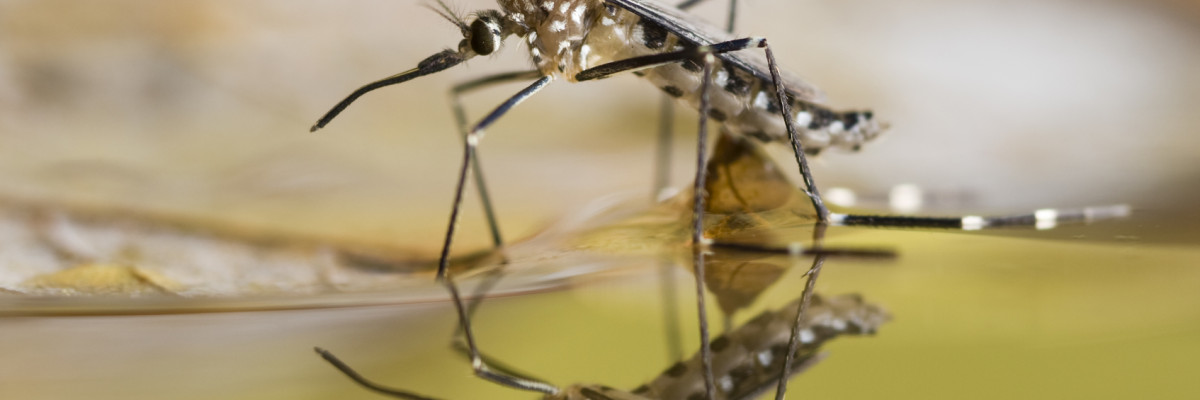
The WHO has declared the U.S. on their list of Zika-transmission countries.
Because of this, China’s agency governing agency, the Administration of Quality Supervision, Inspection and Quarantine (AQSIQ) has required all countries on its Zika-infected list comply with disinsection requirements. This policy dates back to March 5th, so it is not something that was imposed in the wake of the U.S. addition to this list.
Disinsection is not the removal of insects, but rather the treating of the conveyance, container or cargo by one of several different methods.
China added the U.S. to their list of affected countries effective August 5th.
This means that all shipments which departed on or after August 5th are required to receive remediation unless it can otherwise be demonstrated, proven and certified that the vessel or container is free of pests. The treatment methodology is not limited to pesticides and chemicals, but also could include physical means such as trapping, air curtains or other integrated pest management techniques.
Fumigation is available at Chinese ports.
The costs to fumigate are approximately $30/20′ and $60/40′ at a Chinese port of entry, but what is uncertain is whether or not the ports have the capacity to handle the thousands of containers which are coming from, or transshipping through, the United States.
The rule also extends to U.S. origin cargo transshipping through other countries.
Aiming for geographical limitations.
Because the United States is so large, the government is working with the Chinese government to see if they can treat the issue as a regional one – in other words if the cargo is loaded or ships from a particular jurisdictions then Zika remediation plans would need to be in place. The Foreign Agricultural Service (FAS) is working with the US Embassy in Beijing to get clarity on this fast moving issue.
This is a moving target.
The list of products affected, potentially excluded items and whether or not China’s measures are appropriate are still being evaluated by the U.S. government and the WHO. We strongly suggest that you stay in contact with your Everglory customer service representative and monitor our social media channels for the latest updates and information.
We suggest that you read the stories from the AJOT and American Shipper which were published in recent dates, although keep in mind as the Chinese import rules change, this information may cease to be accurate.







